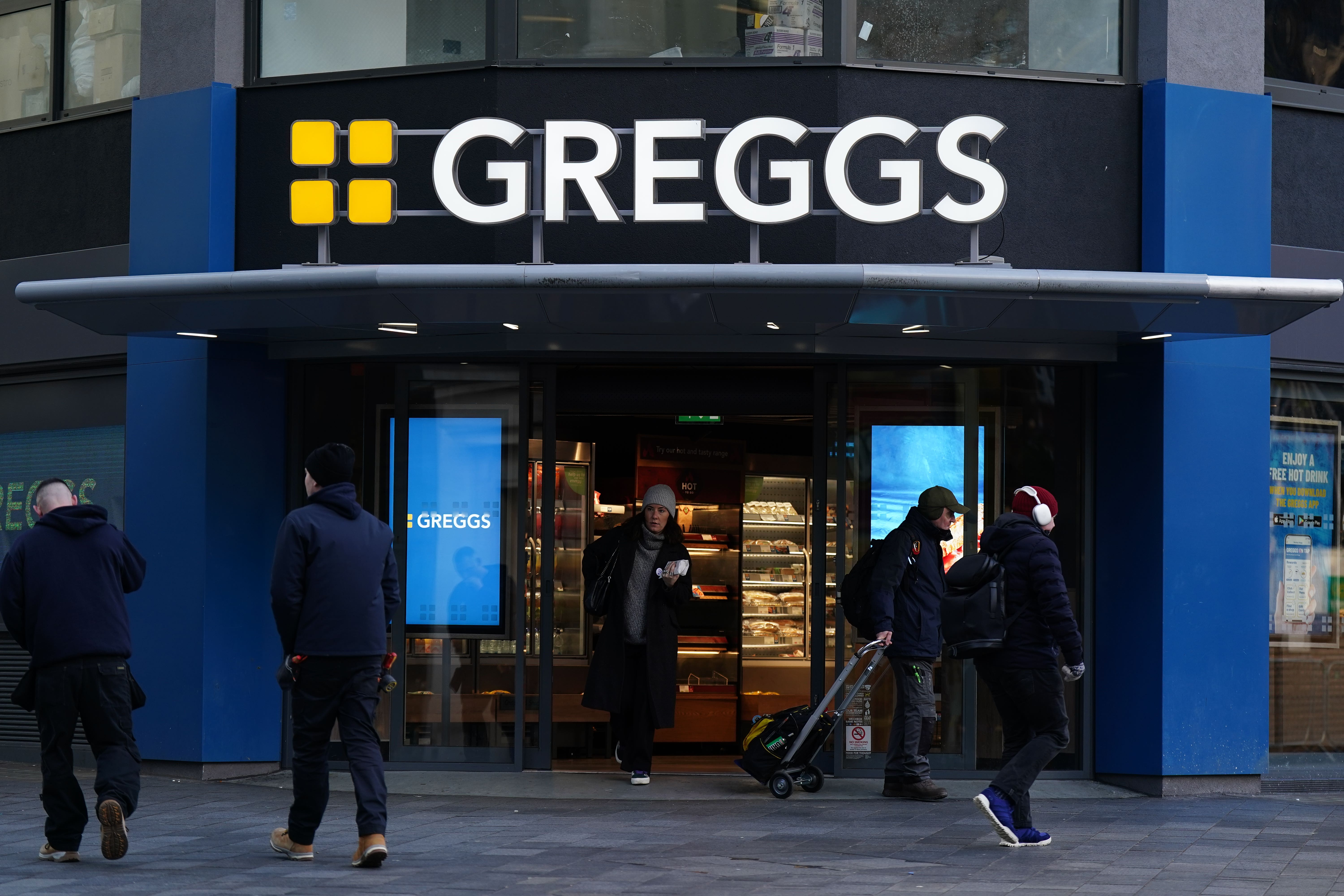Mea Culpa: call a problem a problem
Questions of language and usage in last week’s Independent, adjudicated by John Rentoul


I know this is a losing battle, but I shall fight on in the jungle and I shall never surrender. On Wednesday we carried the headline: “Greggs shops close across the UK as IT glitch causes payment issues.” My objection to “issue” is that it is a euphemism. It gained ground as companies and public services tried to avoid using the word “problem” because they thought that reflected badly on them.
They were wrong, because customers prefer organisations that admit to problems and try to fix them.
Greggs had a problem with its computers (a better word than “IT”, incidentally) in that they would not accept electronic payment. As the shops were actually closing, the company could hardly pretend that this was a mere subject for discussion, which is what an “issue” used to mean. I would have been tempted to rewrite the headline thus: “Greggs shops close across the UK as its payment terminals are borked.”
(Not shown): As John Harrison wrote to say, we might expect a photo caption to refer to something in the picture, but this was not the case on Monday. A caption on one of our Pictures of the Day said: “Molten lava flows on the Reykjanes peninsula north of the evacuated town of Grindavik, Iceland.”
But the photo was of people silhouetted against clouds of dust in the sky. We could deduce that there must be lava on the ground, because of the orange glow lighting up the clouds, but we could not see it.
Undersea clergy: Another caption on Thursday purported to describe a photo of “one of the canons of HMS Tyger that ran aground 300 years ago”. Thanks to Roger Thetford for pointing out that the usual spelling of a big gun is “cannon”, and that the spelling “canon” is these days reserved for an authoritative body of work or someone belonging to the staff of a cathedral.
Both used to be spelt “canon” until around 1800, when the double “n” spelling was used to differentiate the artillery piece, according to the Online Etymology Dictionary.
Too many words: In a report of staff cuts at universities, we said: “Northumbria University said the cuts were necessitated due to ‘a sudden reduction of the number of students’ arriving in the UK from Nigeria.” Ouch. “Necessitated due to” is a clumsy and tautological construction, whereas “caused by” would have been clearer.
The article also said: “Hundreds of university staff are facing the risk of being fired…” Again, this is too many words: it was changed to “are at risk of being fired”.
The gaping void on platform 3: We reported on Thursday that the British railway network is about to be cast into the abyss: the confused, formless state of the universe at the beginning of creation. Again. Yes, more “travel chaos” is on the way, “as train drivers at 16 rail companies are set to take part in a fresh wave of strikes in April”.
The word “chaos” has two special meanings in journalism: either that rail, road or air travel is or is about to be disrupted, or that two government ministers have said slightly different things. It often takes the verb “to plunge”, as in: “The Conservative Party was plunged into chaos last night as...”
The trouble with “travel chaos” is that it has become a cliche, and so if we say “travel disruption” instead, as we try to, it actually sounds worse.
Torturous: In one of the notices of an Independent online event, we said: “Soldier relives time as prisoner tortured by Russia at our event.” No, the Russian military or secret police do not force soldiers to sit through our events as a form of cruel and degrading treatment. We rewrote the trailer to make it clear that the torture occurred in Russia – and that our events are fun and interesting to attend.
Join our commenting forum
Join thought-provoking conversations, follow other Independent readers and see their replies
Comments
Bookmark popover
Removed from bookmarks